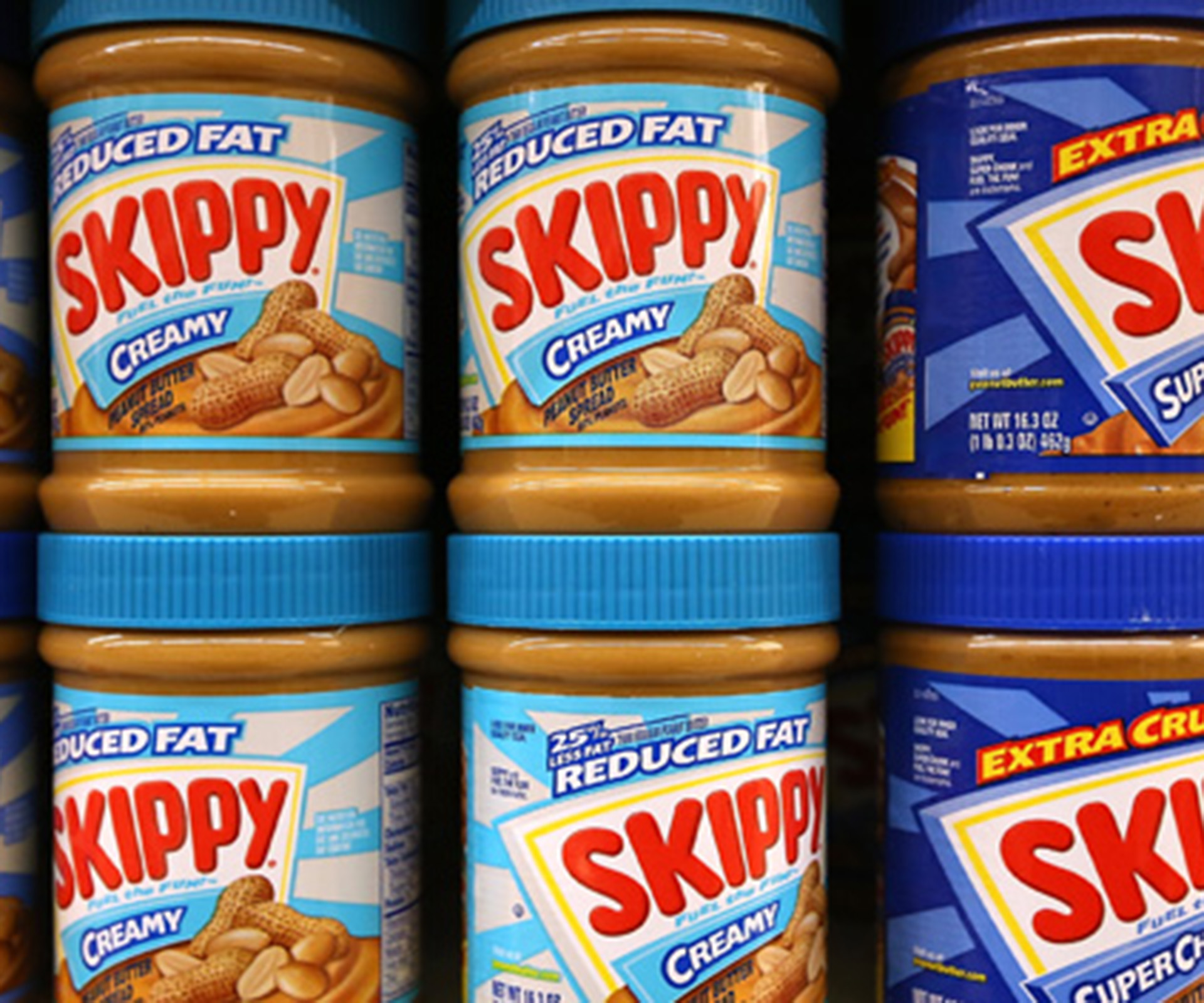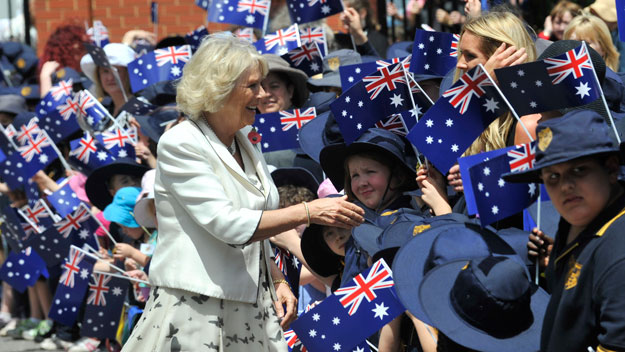IT used to be that Australian parents were told not to give nuts to children under the age of five because of the risk of inhalation and a feared risk of allergies.
But there’s since been a backflip in the government’s official advice, with current guidelines suggesting parents include nut butters in their babies’ diets as soon as they start on solids to help prevent allergies.
And a landmark study published this week reveals babies who eat the equivalent of four heaped teaspoons of peanut butter each week in their first year of life have an 80 per cent reduced risk of developing a peanut allergy by the age of five.
Gideon Lack of King’s College London, who led the study, believes parents should mix small amounts of peanut butter or peanut products into babies’ food as early as possible.
“We’ve moved, really, 180 degrees [in advice] from complete avoidance to we should give peanuts to young children actively,” he said.
Professor Mimi Tang, director of the department of allergy and immunology at Melbourne’s Royal Children’s Hospital, says parents should start feeding babies allergenic foods like egg, milk, peanut and other nut pastes from the age of four to six months.
“No-one knows for sure but the thinking is that the gut immune system usually mounts a tolerance response to antigens exposed orally, and there seems to be a window for timing of introduction of foods that sits around four to seven months,” she tells aww.com.au.
“We realised from around 2005 to 2008 that there was really no evidence that delayed introduction [of these foods] could help in preventing allergic disease, so there was a shift to undo the previous recommendation.”
Whole nuts should still be avoided until the age of three because of the risk of inhalation and choking, according to current National Heath and Medical Research Council’s (NHMRC) Infant Feeding Guidelines.
Honey should still be completely avoided before 12 months because of the risk of botulism, while unpasteurised or “raw” milk should also be avoided because of the risks of potentially fatal infections.
Earlier this year, Prof Tang led research at the Murdoch Children’s Research Institute that successfully treated children with potentially fatal peanut allergies by giving them a strain of probiotics alongside small doses of peanut protein.
She’s been involved in other research that found kids had a higher risk of egg allergy if they were introduced to it after seven months, as opposed to between four and six months.
In previous NHMRC guidelines, nuts were off the menu until the age of five, partly because “peanuts pose a risk of allergy”.


